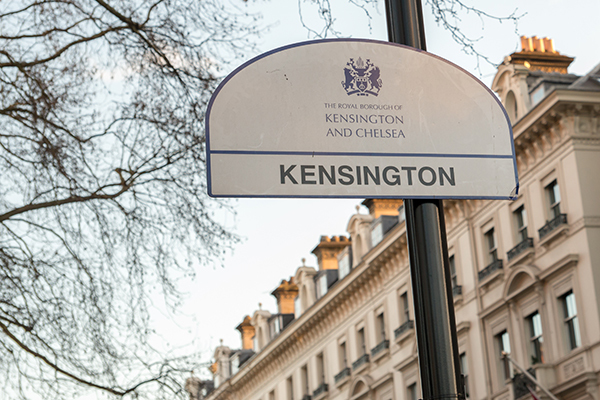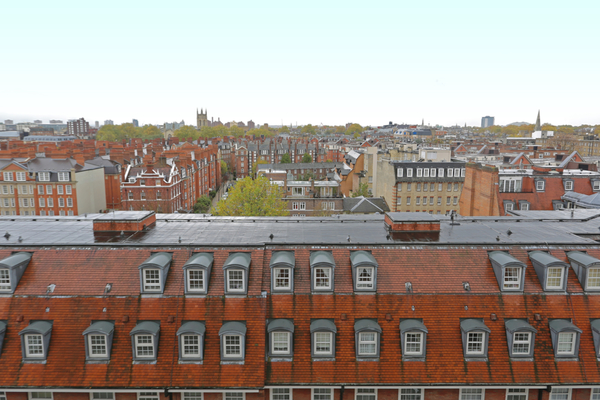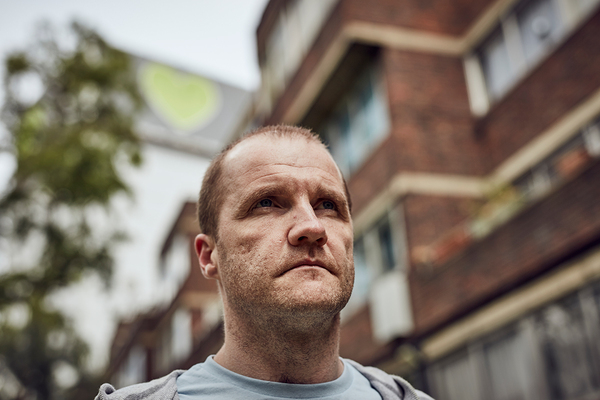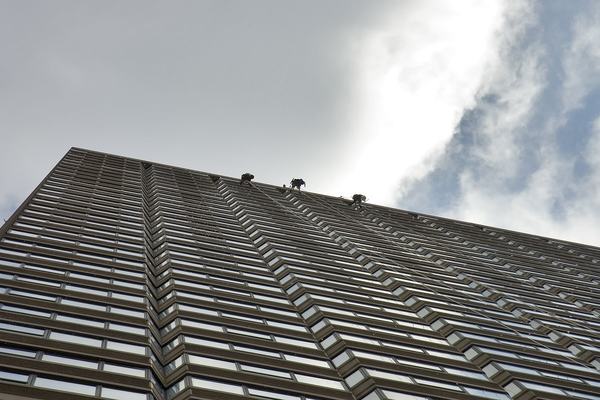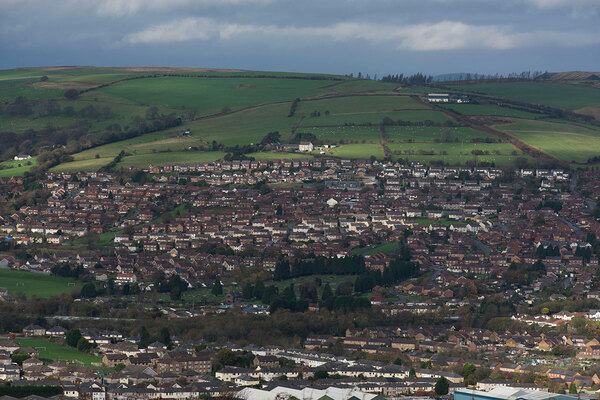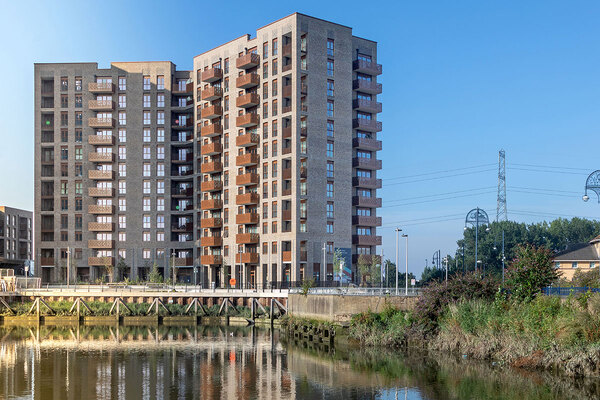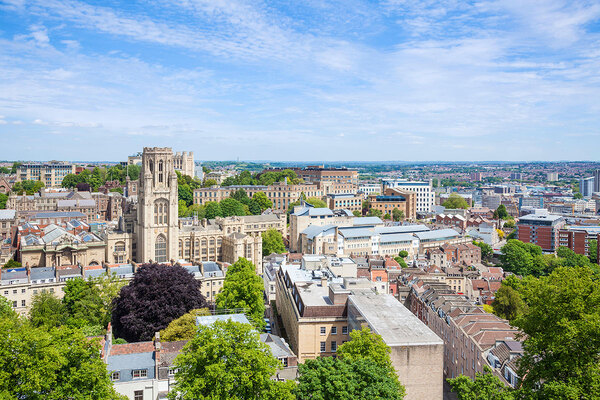You are viewing 1 of your 1 free articles
Grenfell council apologises for survivor rehousing mistakes
The deputy leader of the Royal Borough of Kensington and Chelsea (RBKC) has apologised for mistakes the council made during the rehousing of survivors of the Grenfell Tower fire that killed 72 people.
In a comment piece written exclusively for Inside Housing, Kim Taylor-Smith, deputy leader of RBKC, said that the council and other organisations had rushed the process, and had set “arbitrary deadlines” that put pressure on the families at a difficult time.
He said that rehousing families following an event such as Grenfell was “more than just bricks and mortar”, and that this was something the council should have realised far sooner than it did.
Friday will mark two years since the night of the fire. The rehousing of those who were living in Grenfell Tower on the night of the fire and its surrounding buildings has been heavily criticised by campaign groups.
Mr Taylor-Smith wrote: “Time and again, central government, ministers, activists, MPs, the government taskforce, the prime minister herself, and councillors – including myself – set arbitrary deadlines in the public domain, for families to leave their hotels, choose their new home, and move.
“Fuelled by the media frenzy for new homes to be provided, public agencies rushed the process along, purchasing expensive homes in Kensington and Chelsea, assuming – often wrongly – that they would be welcomed with open arms and we could make everything right again.
“All of us accidentally put pressure on, when pressure was the very last thing the families needed.”
Following the fire in June 2017, 202 households from Grenfell Tower and the Grenfell Walk buildings surrounding the tower required rehousing.
In April, housing minister Kit Malthouse said that 181 of the families had moved into permanent homes, and 15 remained in temporary accommodation. Six households remained in emergency temporary accommodation.
Reflecting on the rehousing process, Mr Taylor-Smith admitted that the council should have listened more to experienced housing officers two years ago when they said that the rehousing of families would be difficult, and pledged not to rush the rehousing of the last few families to meet artificial deadlines.
As part of the council’s rehousing programme, RBKC has committed to spend £30m on the estate at the base of the Grenfell Tower. The council and the NHS have also both committed £50m each to the Grenfell recovery over the next five years.
Mr Taylor-Smith said that not enough had been done to rectify the problems in housing brought to light by the Grenfell tragedy, and said that the country was “far behind” in terms of social housing, affordable housing and setting a clear and proper bar for a decent standard of living.
He also called on the government to honour its commitments to the survivors of the tragedy, to the community surrounding the block and to those living in tower blocks around the country.
He concluded: “They are duty-bound to honour those commitments, and I will remind them every day as part of my role at the council.”
In March 2018, RBKC took all housing services back in-house from Kensington and Chelsea Management Organisation (KCTMO), the body that managed 9,000 homes across the borough, including Grenfell Tower at the time of the fire in June 2017.
When the council took back control of housing management, there were was a backlog of around 5,000 repairs – the equivalent to one repair for every two homes.
Explaining why the borough had reached such a backlog, Mr Taylor-Smith said: “Those with responsibilities just didn’t care enough, and those that did care had no money to do anything about it.
He added: “On top of that, the country hasn’t got the financial and political stability required to solve the greatest issue of our time. It is not Brexit – it is housing. We have to change that – locally and nationally.”
